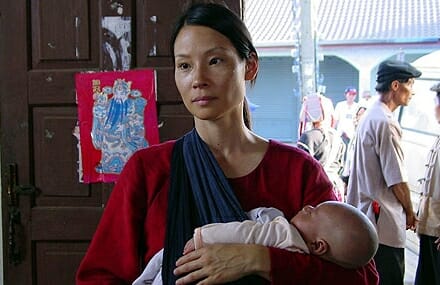3 Needles‘ Thom Fitzgerald:

“I started the ?lm with the question: ‘Why, when all of mankind has a common enemy, has it not brought us together, but been divisive, causing ?nger-pointing and rage?’” wonders writer/director Thom Fitzgerald. “Growing up in the
-

-

-

-

-

-

-

-

-

-

-

-

-

-

-

-

-

-

-

-

-

-

-

-

-

-

-

-

-

-

-

-

-

-

-

-

-

-

-

-








































